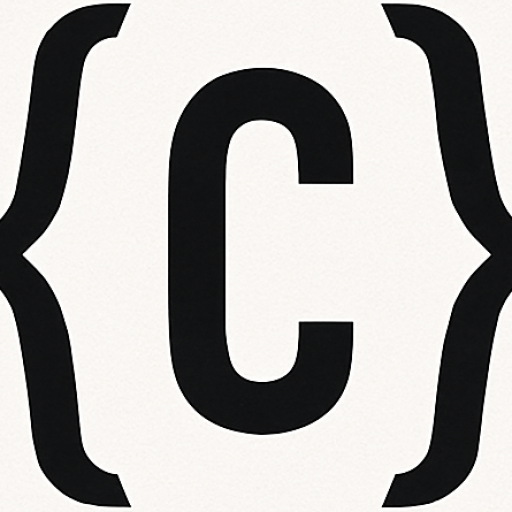I recently went down a rabbit hole about a two Michelin-starred restaurant in rural Wales. What struck me most wasn’t the food (it’s probably good), but the head chef’s management style. Instead of the old-school tyranny you’d expect the Marco Pierre White scowl or Gordon Ramsay fireworks this leader leaned into empathy, clarity, and open dialogue. It has been happening in the open for a while, culture is changing, work-life is changing, management is changing. The kids don’t want to work.
When I started out, management was a strange mix of mystery and bravado, I couldn’t tell you what a good manager is but I recognised one know when I seen it. In the opus of what makes a good manager it is ninety percent don’t be like this ass-hat with very little OMG they just smashed my one to one.
We didn’t talk about compensation, not openly anyway. The focus was on “culture” – which meant beers on a Friday, pizzas at a hackathon, and the occasional Nerf gun fight in the office (the Netscape office nerf was everyone’s dream right?). Career progression was something you figured out by osmosis, and work-life balance was mostly about how many hours you could pull before you keeled over.
Fast-forward to today and the conversation looks completely different. Now, we value transparency around pay, we demand clarity on career progression, and “culture” is just as much about coffee walks and flexible hours as it is about socials. Management has moved from being about charisma and bravado to being about clarity and balance.
A Parallel from the Kitchen
This change isn’t unique to tech. Professional kitchens have been through their own revolution. For decades, the model was strict French military hierarchy. Chefs like Marco Pierre White and Gordon Ramsay became icons of discipline and intimidation: you were broken down to be built back up, you were an idiot sandwich, and perfection was demanded beyond reason.
But look at kitchens now, and you’ll see something very different. The new wave of two and three-star restaurants doesn’t thrive on shouting or humiliation. They thrive on precision, consistency, and, crucially, communication. Standards are still sky high, but they’re measurable, teachable, and repeatable. Discipline has been replaced with clarity.
The Bear Knows
If you’ve watched The Bear, you’ll know what I mean. The show captures both worlds — the chaos of the old-school kitchen and the painstaking effort to create something new: a workplace where excellence doesn’t come at the cost of dignity. That’s where modern management is heading, too.
Where We Are Now
Engineering teams are no different. The pendulum has swung from free beer and hackathons to clear frameworks and balance. We still want excellence, but we’ve learned that excellence sticks around longer when it’s built on trust and communication instead of bravado and burnout.
The truth is: management has grown up. Like gastronomy, it’s gone from fire and fury to something more thoughtful, more sustainable, and gosh-darn-it more delicious.

